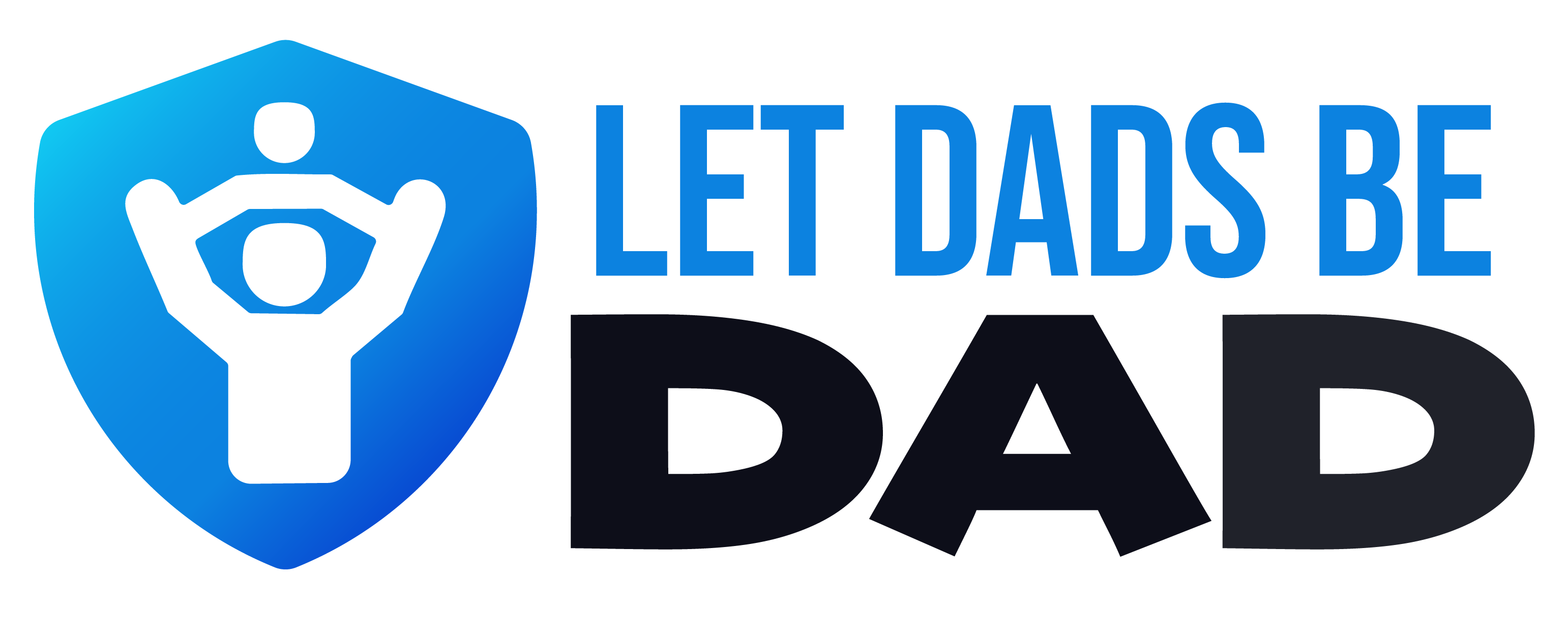Your Cheap Plane Ticket Hacks Don’t Work — Here’s How To Actually Save Money
— RyanJLane/E+/Getty Images
Close that incognito browser and don’t worry about waiting until Tuesday. It turns out any time is the right time to buy a plane ticket…well, almost any time.
New research published in The Quarterly Journal of Economics finds that all the tricks and hacks we use to get the best deal on air travel don’t amount to much of anything. That’s right: The hacks about only looking for flights on certain days, buying from a different VPN, or not searching for too long because prices go up the longer you look might all be bull.
The research team examined exactly how prices are set at one major U.S. airline, which uses the same pricing models as most airlines around the world, to determine if any of the hoops we jump through to get a good deal actually work. Turns out, they don’t. There’s not a lot of wiggle room when it comes to ticket prices, and the price you see on Google or Kayak is often the only price available for that specific seat on that specific flight at that specific time.
“The type of environment airlines operate in is very complex/difficult — fixed capacity, advanced ticketing, large fixed costs, demand uncertainty, etc.,” says Yale University associate professor of economics and study co-author Kevin Williams, Ph.D. “Dynamic pricing at scale is hard, and there are many moving parts.”
Dynamic pricing — meaning adjusting prices according to fluctuation in outside factors like demand or competitor pricing — just doesn’t happen with airlines.
When you search for a flight, you’ll generally find multiple options from the same airline. You pick the one that works best for both your budget and your schedule; if the $1,500 non-stop round trip ticket from New York to L.A. is out of your budget, you choose the $900 round trip ticket with layovers in Boise and Des Moines. It takes longer but saves you $600.
“But airlines don’t consider this kind of substitution,” Olivia Natan, study co-author and an associate professor of marketing at UC Berkley’s Haas School of Business, explained in a statement. In other words, airlines don’t take into account how consumers may balance the convenience of a flight with its cost.
In other industries, prices are modified based on a number of external factors, with competitor pricing being a huge consideration. Store A, which sells a product for $5, notices that Store B sells the same product for $4.25, so Store A decreases its price to remain competitive and retain its share of the market for that product. It’s how we’ve all been taught that free market capitalism works. But airlines don’t do that. If Delta sells a seat for $325, American doesn’t adjust its price on a seat to try to capture the sale.
Instead, airlines keep assigning a fixed price per seat per flight, and there’s very little room to maneuver the price once it’s set. There’s not as much negotiating room because there are such large gaps, sometimes as much as $100, between each price point. Where your local grocery store can augment prices by pennies or dollars, airline price gaps are much larger and would lead to a more significant loss in revenue if adjusted too much.
And if you think that you could save money by buying a crappier seat — giving up 7H for 18J, for example — that’s not exactly straightforward, either.
At the airline used for the study, the pricing team sets the price per seat per flight. Then, the revenue management team, a separate department entirely, comes in and adjusts the prices set by the pricing team based on demand forecasts, so the airline doesn’t lose money by selling, say, super cheap flights for Thanksgiving — a move that researchers found reduces the number of underpriced tickets shown to consumers by 60%. Because demand forecasts are usually higher than the demand that actually happens, ticket prices are overvalued instead of undervalued — which is why you pay out the nose to take your kids to see grandma for Thanksgiving.
All that to say, you have no power. There really is no trick to getting the best deal, no secret sequence of events you need to follow to fly cheap.
The only rule is to buy as soon as you know you need to travel because although you can’t get a cheaper flight using a VPN or incognito window, you can get a cheaper flight buying in September for Thanksgiving travel than waiting until November.
“What I can say is that prices do go up significantly 21, 14, and seven days before a flight,” Natan explained. “Just buy your ticket before then.”


